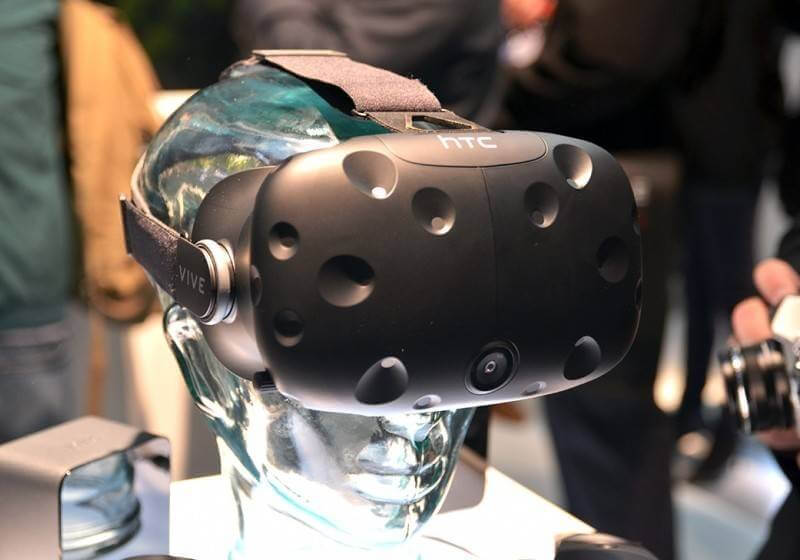The main reason why VR headsets still aren't found in a huge number of homes - other than the lack of a killer app or game - is because they remain prohibitively expensive. Not only are the $600 Oculus Rift and $800 HTC Vive going to put a big dent in your wallet, but you'll also need a PC beefy enough to handle them.
In the UK, the number of people buying a Vive may be about to slow down to a crawl. In what is yet another repercussion of Brexit, the price of the virtual reality headset was today increased by £70 (around $92), bringing its total to $1000.
While HTC avoided mentioning the UK's vote to leave the European Union in its statement, the company said that currency fluctuations - caused by Brexit - are responsible for the jump in cost.
"HTC continuously monitors and adjusts pricing to ensure we are providing our customers with the best value possible," HTC said in a statement on its website. "Due to recent currency valuation changes and the current value of the GBP we are adjusting the price of the HTC Vive in the UK to £759 + P&P. The adjustment will come into effect on Monday 1st August."
The Vive had been on sale for £689 ($908) in Britain; the added £70 is likely to put it even further beyond the reach of most gamers.
HTC is far from the first company to increase its UK prices in the wake of the referendum. Both Dell and HP are making their machines more expensive in the country, and OnePlus raised the cost of its OnePlus 3 handset by 6.5 percent after the pound hit a 31-year-low against the dollar.
